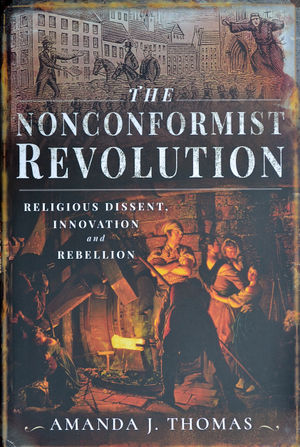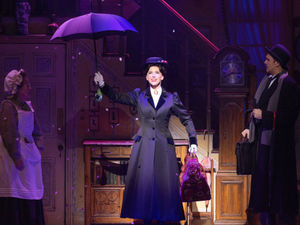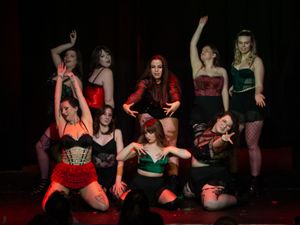Religious Ironbridge rebels who shaped world covered in book
Shropshire folk have heard all about the Industrial Revolution which started in the Ironbridge Gorge, but a new book shines the spotlight on how the county played a part in a religious revolution.

Author Amanda Thomas explores why so many of the greatest thinkers and innovators of Britain’s industrial age were Nonconformists – that is, Protestants who did not belong to the established church, the Church of England. These include Baptists, Methodists, Presbyterians and Quakers.
And among the leading names among the Nonconformist ranks were the Darby family, who were Quakers.
Coalbrookdale was a centre for inspiration and innovation, with the production of every element of the new industrial age being cast and produced at the Darby dynasty's works there, she says
"The contribution to the development of the steam engine and the railways is significant, with some of the earliest iron rails and wheels being produced at the Shropshire works. Such developments were helped by the Quaker network."
She adds: "The extraordinary trade in Darby's affordable cooking pots and utility vessels depended not merely on Darby's vision, but on a trade network in which Quakers played a significant part."
Another leading light from Shropshire in the birth of the Industrial Revolution was ironmaster John "Iron Mad" Wilkinson, who was a Unitarian. Wilkinson, with Abraham Darby III, invested in the project to build the world's first iron bridge across the River Severn.
Salopians were already demonstrating a thirst for knowledge, and religious reading matter, in the 16th century.
"In the 1580s an inventory of the Shrewsbury shop of London bookseller Roger Ward revealed a large stock of devotional matter clearly intended for a lay audience, including copies of sermons to be sold for the affordable sums of two and a half pence and three pence."
Ward, notorious for book piracy, was brought before the Court of the Star Chamber in London for the illegal production of 10,000 copies of The ABC with the Little Catechism, of which 1,500 were sold in Shrewsbury.
Amanda's book, "The Nonconformism Revolution," looks at the evolution of dissenting thought and how Nonconformity shaped the transformation of England from a rural to an urban, industrialised society.
She lives in Hertfordshire and her interest in Nonconformism stems from the discovery that her ancestor, Simon Osmotherly, was a Roundhead during the English Civil War and one of the founders of Quakerism in the north west of England.
"The Nonconformist Revolution" is published by Pen & Sword and costs £25.





